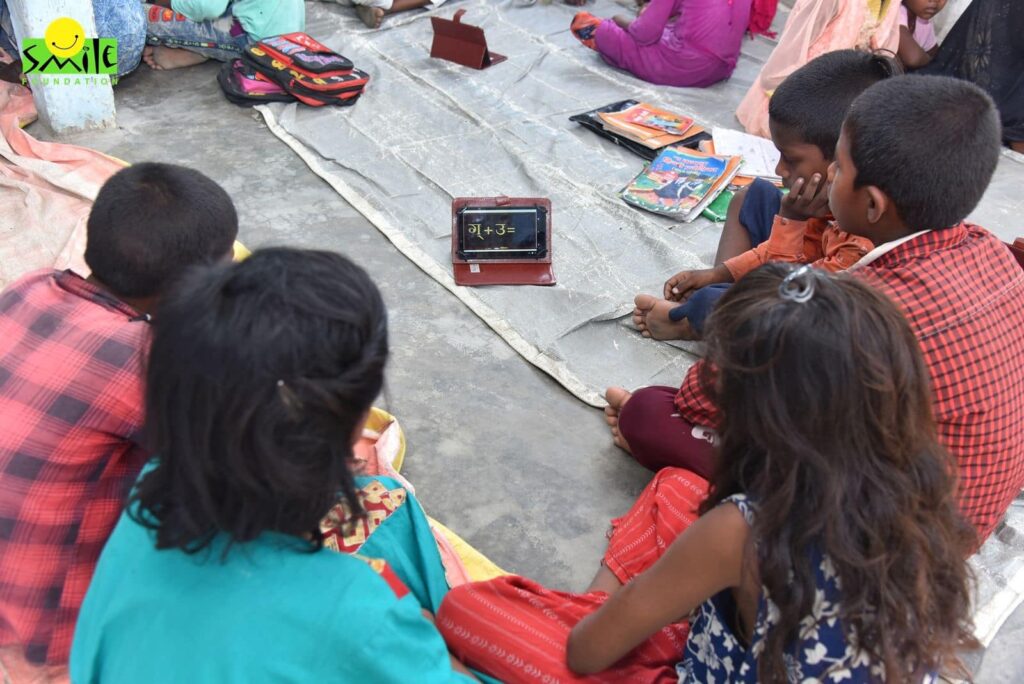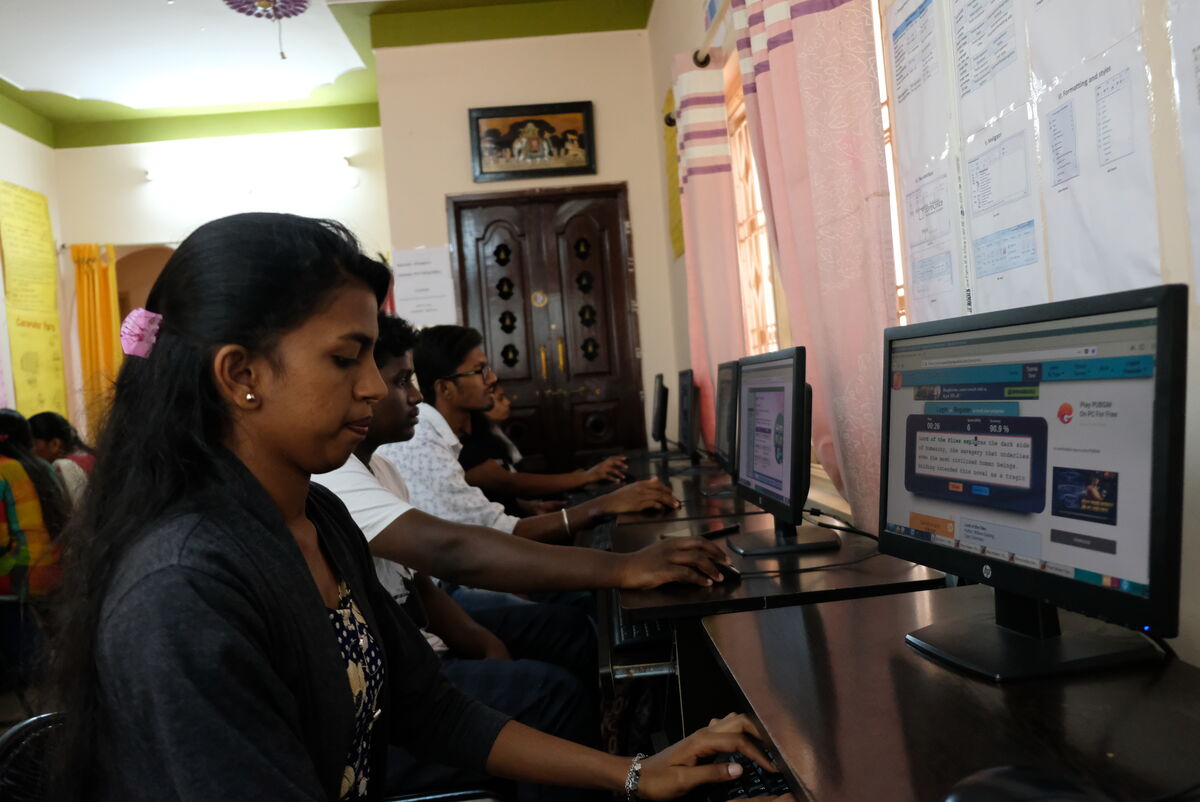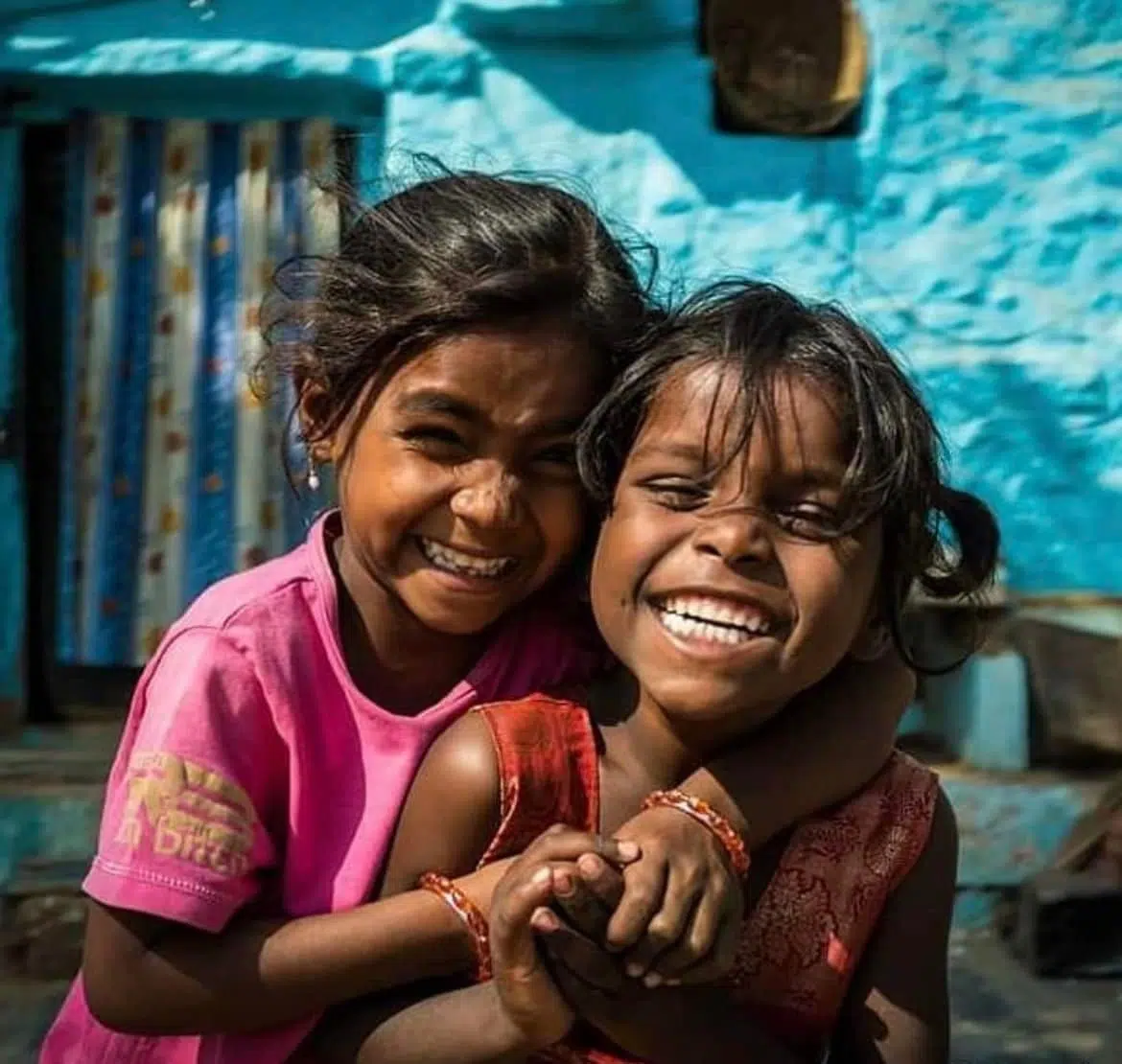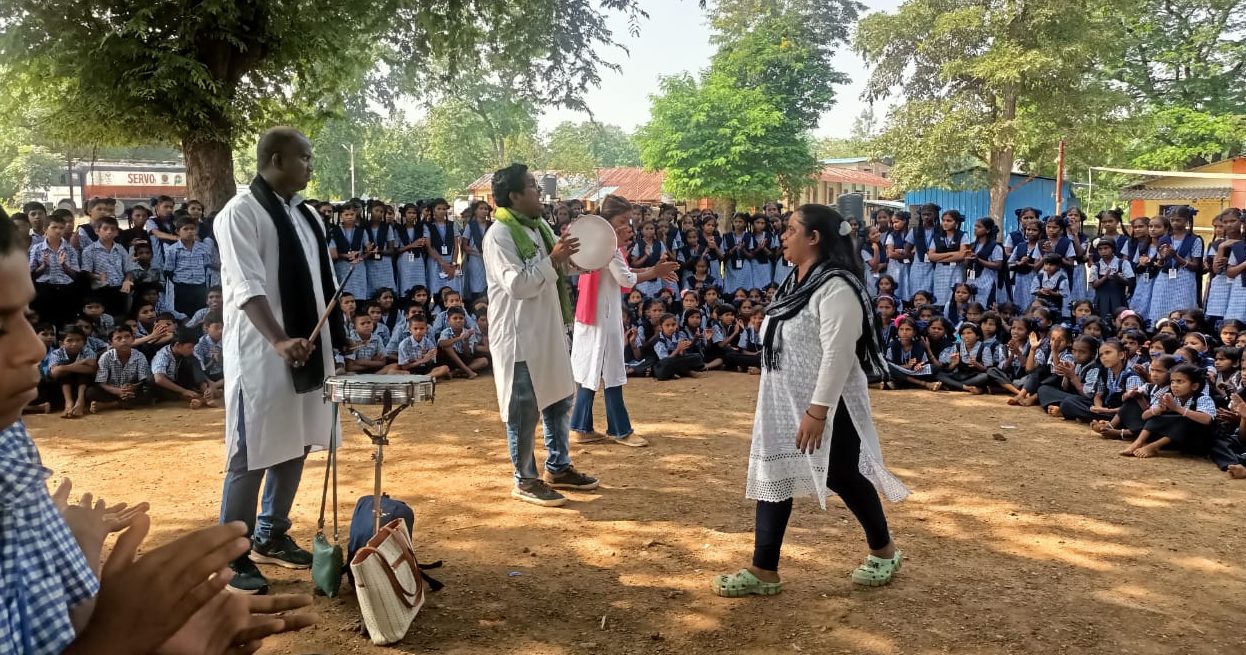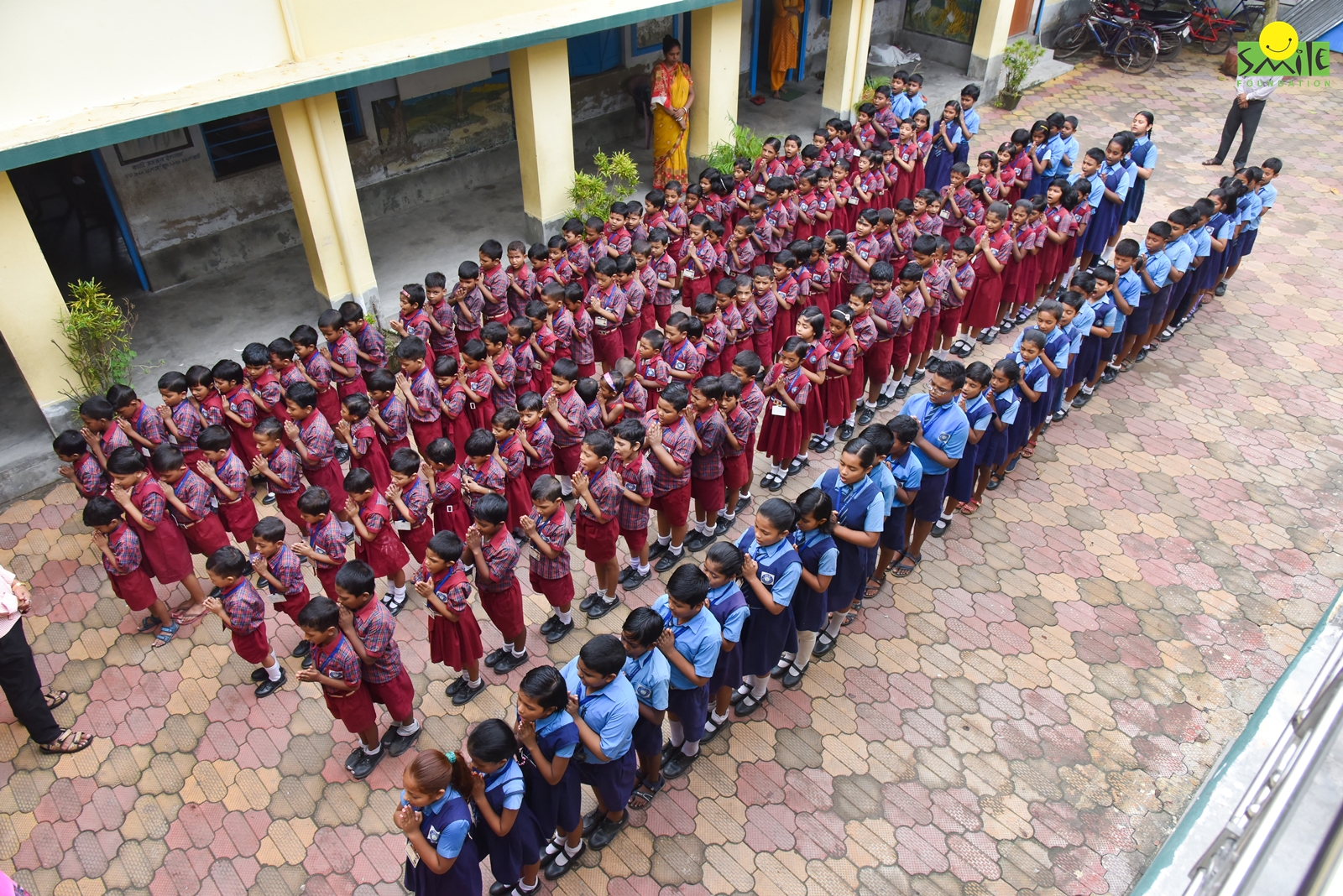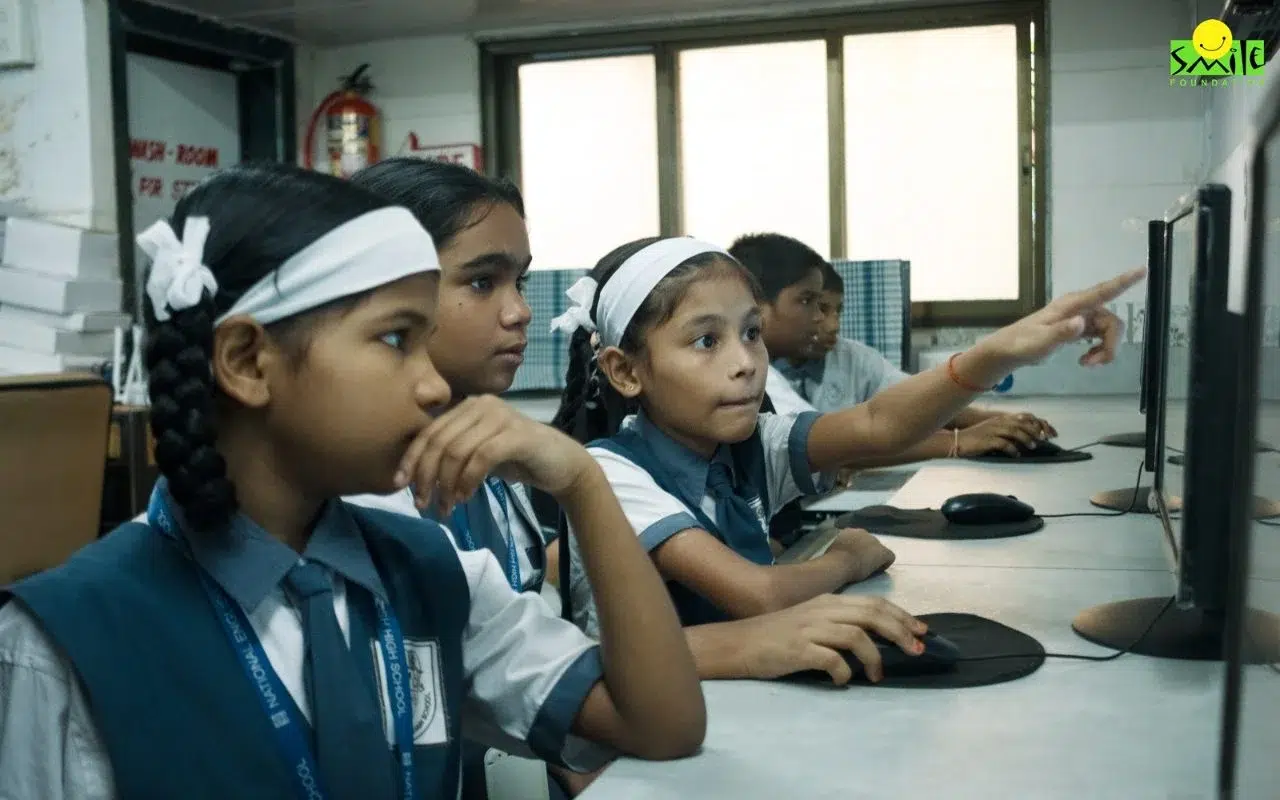Belonging to the bottom of India’s caste hierarchy, the term ‘Musahar’ (‘Musa’ in Hindi means ‘Rat’) loosely translates to ‘rat-eaters/rat-killers‘.
The Musahar tribe, numbering two million are mostly found in the states of Bihar, Jharkhand and Uttar Pradesh. For generations, they live in the same household and practice the concept of ‘joint family’. Their villages are mostly crowded with children, and they communicate largely in Hindi. In closed circles, they communicate via speaking their local language- i.e Angika or Awadhi.
While India is making social and economic progress, Musahars are still living in hamlets, eking out a spare living by working as casual or agricultural laborers. Even in today’s time, these people are referred to as ‘untouchables’.
The literacy rate amongst them has always been nonexistent. According to several reports, only 6% of Musahar men and 2% of Musahar women can read and write. They also lack the knowledge about basic hygiene and sanitation practices.
“Shiksha Na Ruke” – an initiative started by the Smile Foundation (https://donate.smilefoundationindia.org/shiksha-na-ruke) is educating hundreds of children from Musahar tribe. The programme mainly focuses on providing education to the underprivileged.
Due to the Coronavirus pandemic, the situation had even become worse. As it is, these children had no access to education and because of the lockdown, everything came to a pause.
Education is one of the most constructive factors of society. The opportunity for every child to learn and to make the most of their talents is at the heart of a fairer society. However, the children of the Musahar community had this privilege taken away. These children are still struggling to bring their life back to normalcy.
This initiative is educating children from Musahar tribe by bringing drop-out children back to school and providing them with digital learning devices to ensure successive learning. It also provides children with necessary stationary, uniform and support. It ensures the mental well-being of children through helpline services and counseling sessions for children to keep them engaged. Moreover, it also offers regular counseling to parents to ensure the child’s regular participation in school, and also the training of teachers to prepare them for the dynamic digital learning environment.
Smile Foundation is actively involved in providing education for all. With programs like this, they slowly aim to bridge the gap between ‘privileged’ & ‘underprivileged’, ensuring that all children get equal opportunities to learn, grow and excel.



